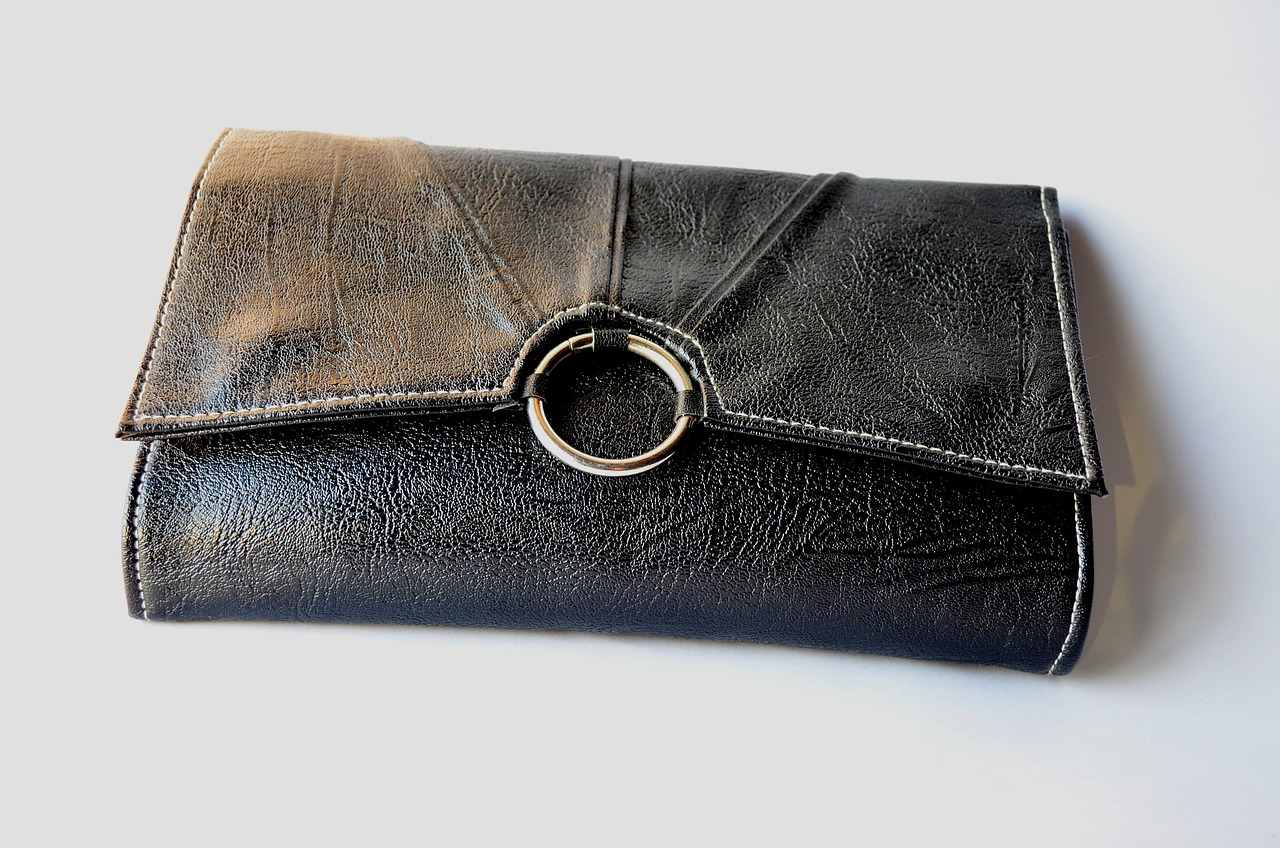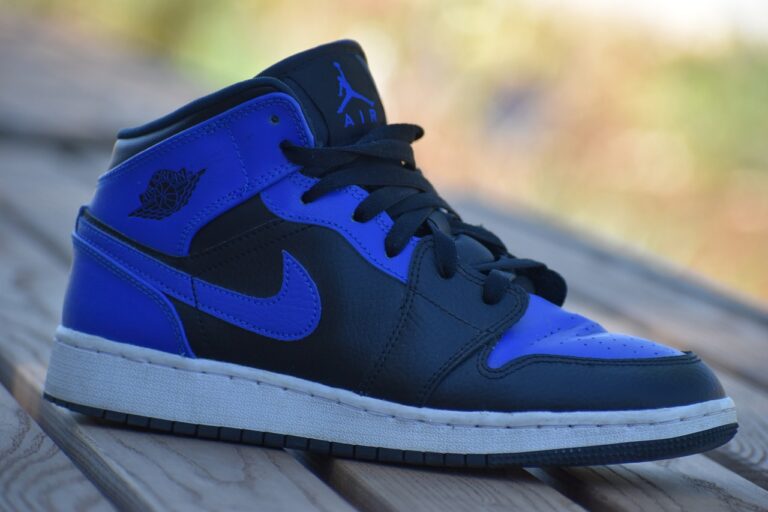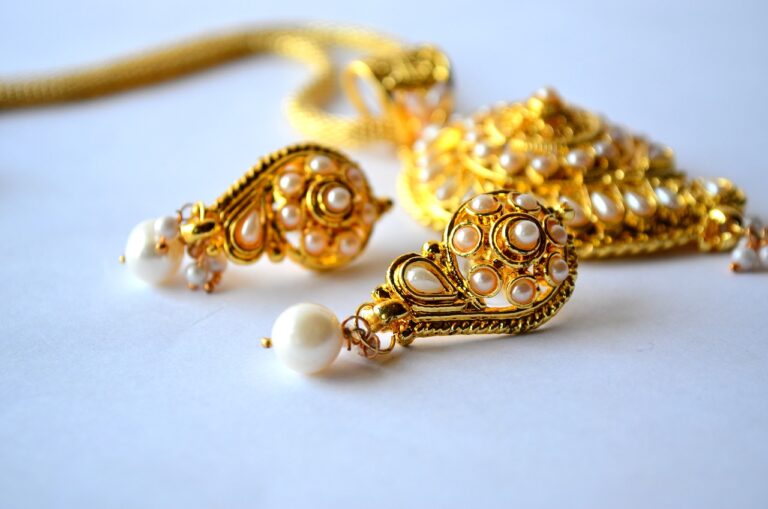Exploring the Role of Fashion in Social Movements: Laser book 247.com, Silver exchange login password, 11xplay pro login
laser book 247.com, silver exchange login password, 11xplay pro login: Fashion has always been a powerful tool for self-expression, but in recent years, it has also emerged as a key player in social movements. From the civil rights movement to the LGBTQ+ rights movement, fashion has played a significant role in shaping and amplifying the messages of these movements. In this article, we will explore the role of fashion in social movements and how it has evolved over time.
The Power of Clothing
Clothing is more than just fabric – it is a form of communication. The clothes we wear send a message to the world about who we are, what we believe in, and what we stand for. In social movements, clothing has been used as a powerful tool to unite people and make a statement.
The civil rights movement of the 1960s is a prime example of how clothing can be used to convey a message. During this time, African American activists wore clothing that symbolized unity and pride, such as dashikis and African-inspired prints. These clothes not only served as a form of resistance against oppression but also helped to create a sense of solidarity among activists.
Similarly, the LGBTQ+ rights movement has utilized clothing as a means of visibility and empowerment. The rainbow flag, a symbol of LGBTQ+ pride, has been incorporated into clothing and accessories to show support for the community. Fashion brands have also embraced the movement, creating collections that celebrate diversity and inclusivity.
Fashion as a Form of Protest
Fashion has also been used as a form of protest against injustice and inequality. In recent years, we have seen a rise in fashion activism, where designers and brands use their platform to raise awareness and advocate for change.
One notable example is the “I Can’t Breathe” t-shirts worn by many athletes and celebrities in response to the death of Eric Garner at the hands of the police. These shirts, emblazoned with Garner’s final words, became a symbol of resistance against police brutality and sparked conversations about racial inequality.
Fashion brands have also taken a stand against social issues through their collections and campaigns. For example, in response to the #MeToo movement, many designers introduced collections that celebrated women’s empowerment and challenged traditional gender roles.
The Intersection of Fashion and Social Justice
As fashion continues to play a role in social movements, we are seeing a shift towards more sustainable and ethical practices within the industry. Many consumers are now demanding transparency from brands and are holding them accountable for their actions.
One way that fashion is intersecting with social justice is through the rise of ethical fashion brands, which prioritize fair labor practices and sustainability. These brands are not only creating stylish and innovative designs but also making a positive impact on the planet and the people who make their clothes.
In conclusion, fashion has the power to shape culture, challenge norms, and drive social change. Whether it’s through clothing that symbolizes unity, protest, or empowerment, fashion will continue to be a key player in social movements. By supporting ethical and sustainable fashion brands, we can all play a part in creating a more inclusive and just world.
FAQs:
Q: How can I support social justice through fashion?
A: You can support social justice through fashion by shopping from ethical and sustainable brands, advocating for diversity and inclusion in the industry, and using your platform to raise awareness about social issues.
Q: What are some key trends in fashion activism?
A: Some key trends in fashion activism include using clothing as a form of protest, collaborating with social justice organizations, and incorporating diversity and inclusivity into collections.
Q: How can I make a difference in the fashion industry?
A: You can make a difference in the fashion industry by educating yourself on ethical and sustainable practices, supporting brands that align with your values, and advocating for positive change within the industry.






